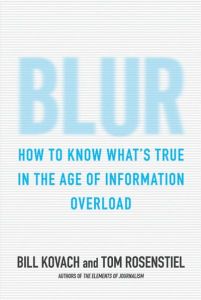
Blur
How to Know What's True in the Age of Information Overload
Recommendation
With so much information available on the Internet, more news consumers are helping themselves to exactly the current events information they want, instead of letting the media determine what they see and hear. Average citizens can become better judges of the quality of the news reports they receive by practicing certain techniques that professional journalists use. These methods require the disciplined exercise of judgment, curiosity and skepticism. This illuminating book provides useful steps for identifying reliable journalists and news organizations, for instance, by evaluating their sources of information. Media veterans Bill Kovach and Tom Rosenstiel illustrate many of their points with references to leading journalists and their reporting techniques. getAbstract recommends their instructive book to busy professionals seeking effective ways to stay informed.
Summary
About the Authors
Bill Kovach was Washington bureau chief for The New York Times and editor of the Atlanta Journal-Constitution. Tom Rosenstiel led Newsweek’s congressional reporting and was a media critic for the Los Angeles Times and MSNBC.









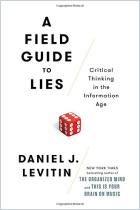
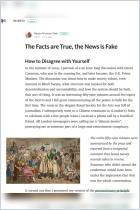
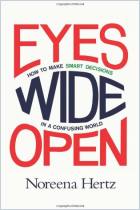
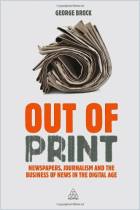
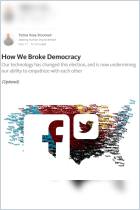
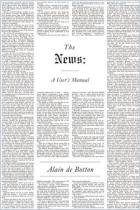



Comment on this summary